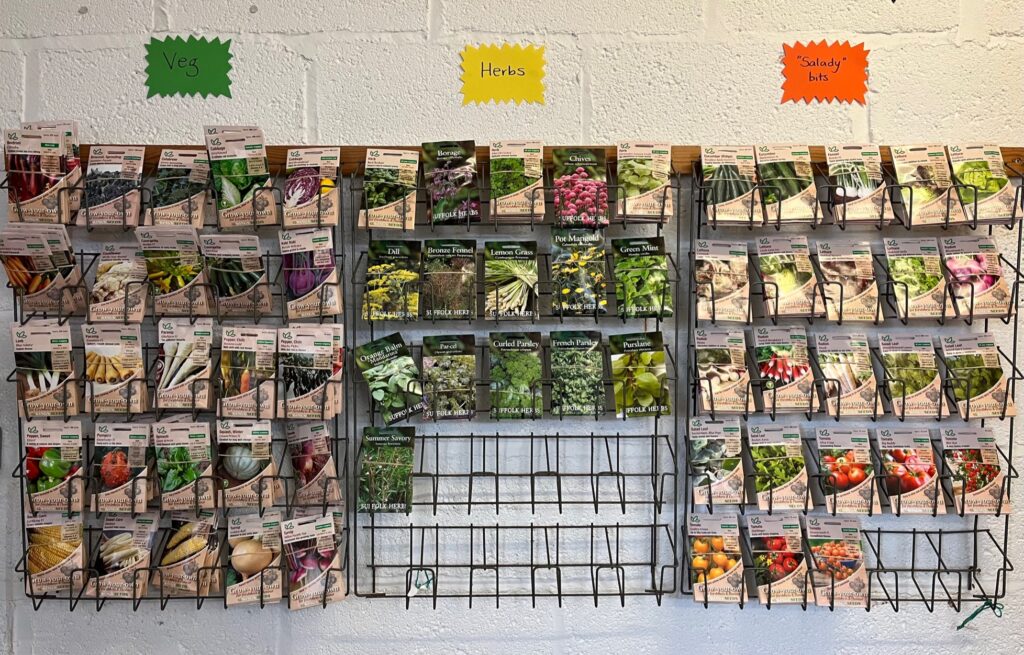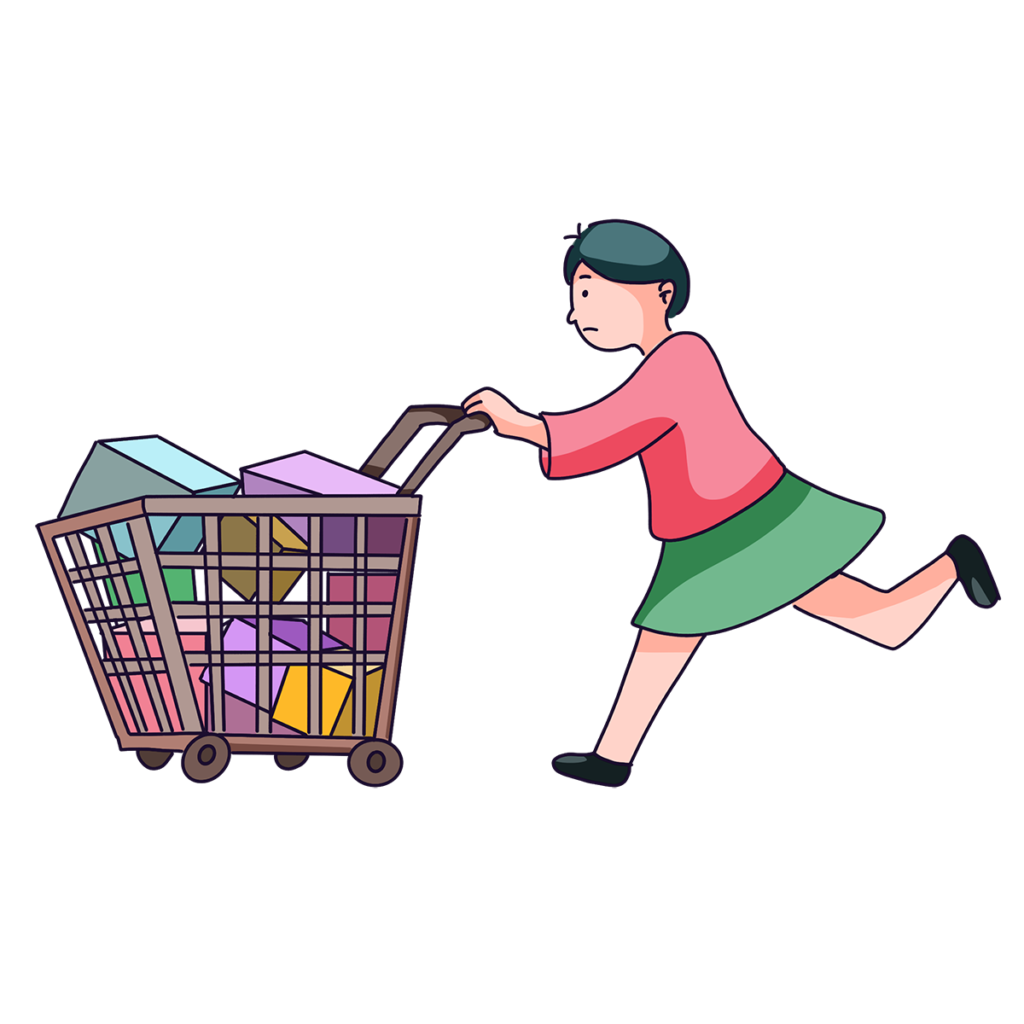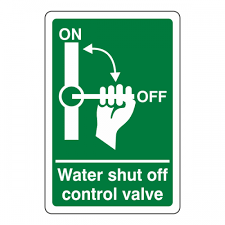If you’re planning to sow Brussels sprouts, kale, chard, Turk’s Turban squash, or spring onions, these seeds are now in stock.
Don’t forget to check out the seed potatoes!
The EWAA Shop is open on Sunday mornings 10.00–midday.

If you’re planning to sow Brussels sprouts, kale, chard, Turk’s Turban squash, or spring onions, these seeds are now in stock.
Don’t forget to check out the seed potatoes!
The EWAA Shop is open on Sunday mornings 10.00–midday.
We cannot handle cash at the EWAA allotment shop so do remember to bring a bank card.
OPENING TIME: Sunday mornings 10:00-12:00
Send shop enquiry emails to: shop @ ewaa.org.uk
The fresh supply of seeds has arrived, and the potatoes will be delivered next week. Come and browse on Sunday 26th February, between 10 and noon, when the shop re-opens.
There is more information on the Shop page, and click on potato varieties to see details.

If you have any queries about shop stock please email shop @ ewaa.org.uk
The allotment Work Party that had been planned for this weekend, Sunday 5th February, will not take place after all. As soon as a new date is confirmed, we will let you know, and will update the Events list.
EWAA Committee
Fresh seed stocks arrive this month, so the EWAA Shop will be open on Sunday 26th February, from 10am to mid-day. We will be selling a good range of seed potatoes, and vegetable, herb, green manure, and flower seeds, all at very reasonable prices. More details will appear on the Shop page once stocks arrive.
You can also borrow gardening books from the Shop, and visit to discuss idea and challenges with your fellow plot-holders.
Thank you for supporting the EWAA!
Two sheds, on plot 130 and 134b, were burnt to the ground in the early hours of Thursday night. In addition, many sheds were broken into, but nothing has been reported as missing. The fire service attended the blaze, cutting the gate padlock to access the site. This has now been replaced.
Free Beginners Hedgelaying Training Course Saturday 14th January 9.30 – 3.30pm Boundary Brook Nature Reserve
Two places have become available, due to last minute illness, on the OUWG Beginners Hedgelaying Training Course this Saturday 14th January 9.30 – 3.30pm at Boundary Brook Nature Reserve. This is a popular course run by experienced trainer Clive Leeke. If you would like to reserve a place, please email info@ouwg.org.uk asap.
When the weather turned mild after the prolonged freeze a major leak developed in the toilet block at the allotments, so the water has been turned off and the door is now locked. The problem won’t be repaired until the New Year, so there is no access to the toilets until further notice.
EWAA Committee


Today the water supply to the tanks around the allotment site was turned off for the Winter.
In early Spring next year it will be turned back on.